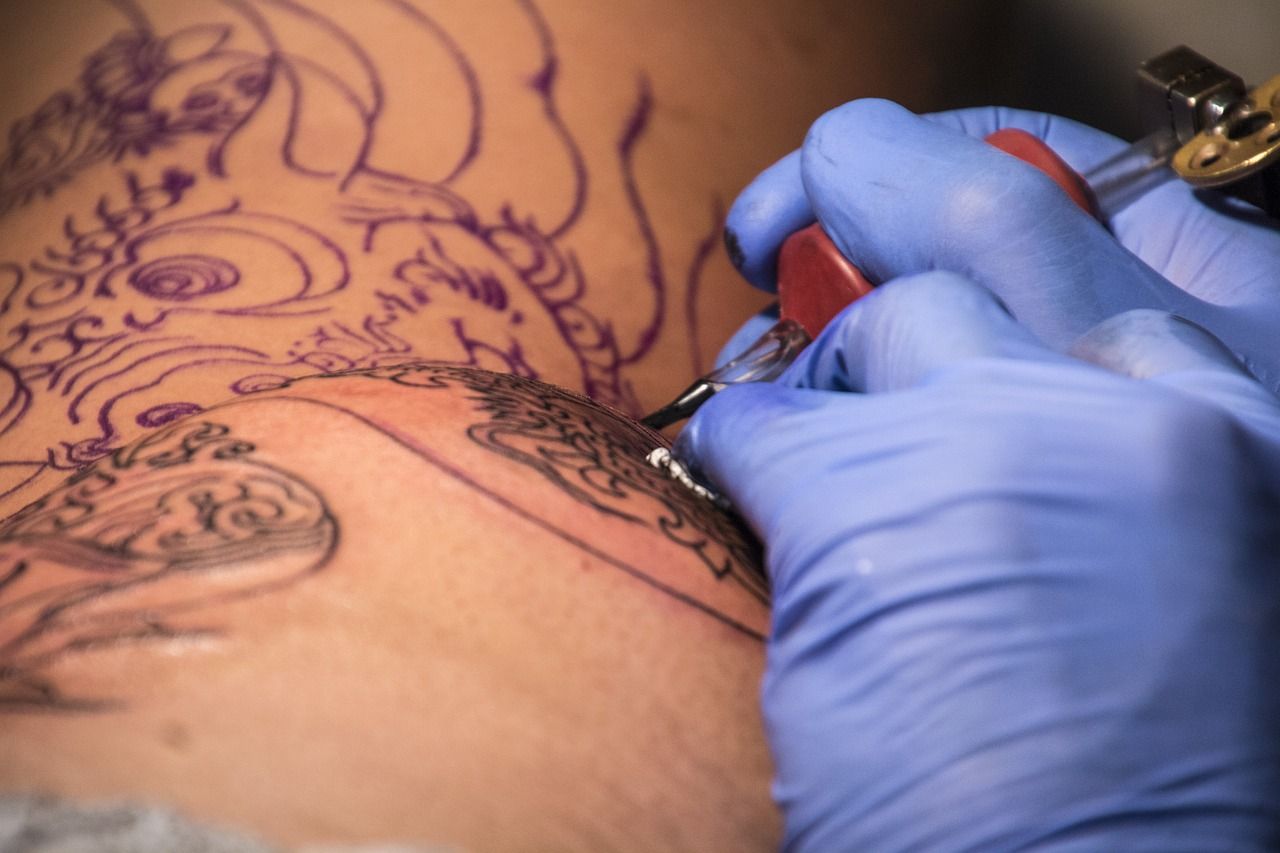The alarming presence of bacteria in tattoo inks
Published by Cédric,
Article author: Cédric DEPOND
Source: Applied and Environmental Microbiology
Other Languages: FR, DE, ES, PT
Article author: Cédric DEPOND
Source: Applied and Environmental Microbiology
Other Languages: FR, DE, ES, PT
Follow us on Google News (click on ☆)
Defying the stereotypes, researchers reveal that even in studios adhering to strict hygiene standards, the risk of bacterial contamination remains. Their investigation focuses on the inks themselves, which, even before use, may already contain harmful pathogens.

Illustration image via Pixabay
This study, conducted by the American Society for Microbiology, reveals some troubling findings. Out of 75 samples tested, sourced from 14 manufacturers, 26 showed bacterial contamination. The bacteria identified were both aerobic and anaerobic, capable of thriving under different oxygenation conditions.
Researchers employed advanced techniques such as PCR and 16S ribosomal DNA sequencing to identify the bacterial species present. At least eight of these bacteria were potentially pathogenic, causing issues ranging from mild skin irritations to serious infections, and in some cases, even septic shock.
The most commonly found bacteria were Staphylococcus and Cutibacterium acnes, both responsible for various skin infections. These were followed by Sphingomonas paucimobilis, known to cause rarer but serious diseases. Such findings raise questions about the effectiveness of sterilization processes in ink manufacturing facilities.
Contaminated inks aren't just a U.S. issue: some inks imported from France also showed high levels of contamination. This situation is concerning, as researchers estimate that up to 80% of inks in Europe may be contaminated.
As tattoos become more and more popular, this contamination issue is not insignificant. Although only about 0.5% to 6% of those tattooed develop an infection, the risk cannot be ignored. Researchers recommend new monitoring and detection methods to help reduce this risk in the future.
This study was conducted over the summer, and concrete effects are already being seen: at the beginning of September, the manufacturer Sierra Stain recalled 3 of its products following tests that revealed potentially dangerous bacteria, according to the Food and Drug Administration (FDA).
In conclusion, both tattoo artists and clients need to be extra cautious and ensure the origin and quality of the inks being used. As this study and its early consequences remind us, the sterility claimed on the label does not always guarantee safety.